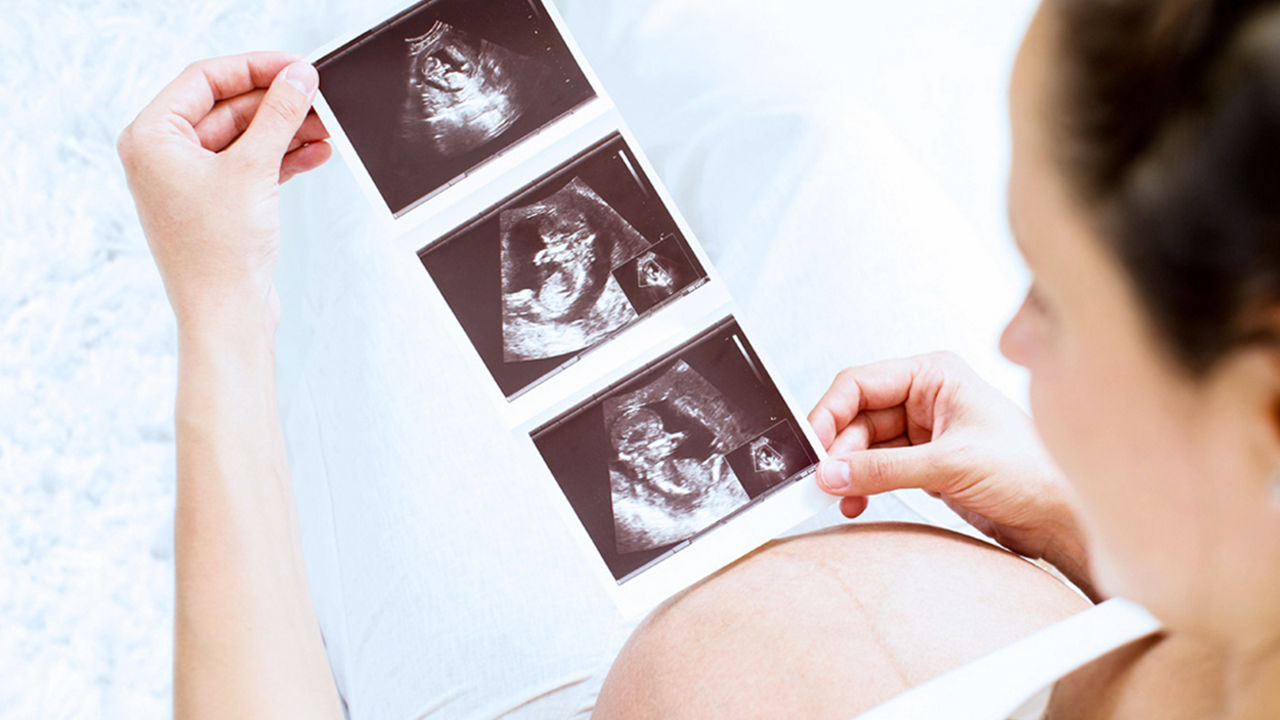Breastmilk is the best for babies. The World Health Organisation recommends exclusive breastfeeding for the first six months of life. Unnecessary introduction of bottle feeding or other food and drinks will have a negative impact on breastfeeding. After six months of age, infants should receive age-appropriate foods while breastfeeding continues for up to two years of age or beyond. Consult your doctor before deciding to use infant formula or if you have difficulty breastfeeding.
- Week 1
- Week 2
- Week 3
- Week 4
- Week 5
- Week 6
- Week 7
- Week 8
- Week 9
- Week 10
- Week 11
- Week 12
- Week 13
- Week 14
- Week 15
- Week 16
- Week 17
- Week 18
- Week 19
- Week 20
- Week 21
- Week 22
- Week 23
- Week 24
- Week 25
- Week 26
- Week 27
- Week 28
- Week 29
- Week 30
- Week 31
- Week 32
- Week 33
- Week 34
- Week 35
- Week 36
- Week 37
- Week 38
- Week 39
- Week 40
Week 28 of Your Pregnancy
Welcome to the home stretch! As you enter your third trimester, your bump will be growing larger and heavier by the week. Before you go nursery decorating, find out how your baby is growing and what you can do to get in tip-top shape.
This week, your baby is fully formed! It weighs just over 907g1 and is the size of a cabbage. Congratulate your baby too on reaching this new milestone! The majority of its body systems is working well, and its development would now centre around growth. Part of this involves laying down fat stores1 that will keep it warm after birth.
Even if a baby were to be born at week 28, it would be able to breathe in air with the help of a ventilator2. Your healthcare professional will also be checking your baby’s heartbeat regularly through an ultrasound or a stethoscope. If your partner puts an ear to your bump, he may even be able to hear your baby’s hearbeat1!
Managing Sleep Problems
If you’ve been feeling anxious and stressed, or hit by bouts of nausea or urges to pee, this could interrupt your sleep. Sometimes, pregnant mums may experience acid reflux symptoms such as acid reflux, a burning sensation from the stomach that reaches up to the throat. In some cases, your baby is so active that its movements keep you up at night. Wishing you can sleep like a baby? Here are some useful tips: (Yahoo)
- Drink a minimum of 8 glasses of water a day to stay hydrated
- Exercise regularly
- Design a soothing bedtime routine that includes a warm shower, relaxing music and some warm milk
- Tuck pillows all around you to keep comfortable
Gestational Diabetes
Besides getting your beauty sleep, keep a balanced diet to ensure that baby gets all the nutrients it needs! In the third trimester, however, some women may develop gestational diabetes3 – especially women who are overweight, and women with a body mass index of more than 30 before pregnancy4.
Gestational diabetes is a condition in which your body can’t produce enough insulin – a hormone that controls glucose levels in your blood. During pregnancy, you will need more insulin because of the extra demands of your growing baby. Without sufficient insulin, your blood sugar levels may become too high3!
Unfortunately, leaving gestational diabetes untreated can lead to labour complications. Medication may be required in some cases. Alternatively, help treat gestational diabetes with a healthy diet and exercise.
For a healthy pregnancy, consider these lifestyle changes!4
- Eating regularly — don’t skip meals
- Choosing low-GI foods when possible (foods that are broken down more slowly by the body, helping to keep blood sugar levels more stable)
- Eating more fruit and vegetables
- Limiting your sugar intake
- Consuming more unsaturated fats
- Monitoring calorie intake
¹ NHS UK. You and your baby at 25-28 weeks pregnant [Online]. 2015.
Available at: http://www.nhs.uk/Conditions/pregnancy-and-baby/pages/pregnancy-weeks-25-26-27-28.aspx [Accessed August 2016]
² Deans A. Your New Pregnancy Bible, The experts’ guide to pregnancy and early parenthood. 4th ed. London: Carroll & Brown Publishers Limited, 2013. p.44.
³ NHS UK. Gestational diabetes - Introduction [Online]. 2014.
Available at: www.nhs.uk/Conditions/gestational-diabetes/Pages/Introduction.aspx [Accessed August 2016]
⁴ Royal College of Obstetricians & Gynaecologists. Information for you: Gestational diabetes [Online].
Available at: www.rcog.org.uk/globalassets/documents/patients/patient-information-leaflets/pregnancy/pi-gestational-diabetes.pdf [Accessed August 2016].
⁵ NHS UK. Gestational diabetes – Treatment [Online]. 2014.
Available at: www.nhs.uk/Conditions/gestational-diabetes/Pages/Treatment.aspx [Accessed August 2016]

Connect with our team of experts
We provide advice and support for you on your parenthood journey



